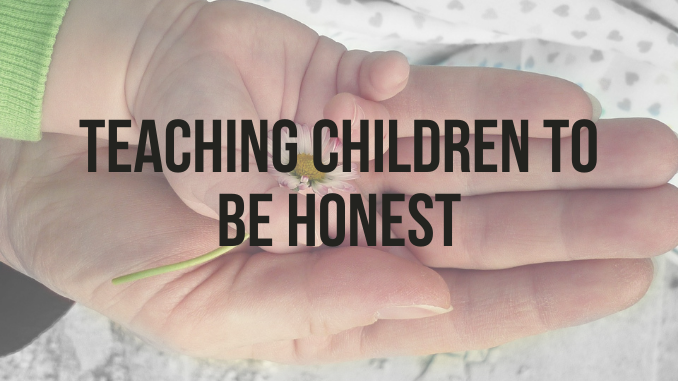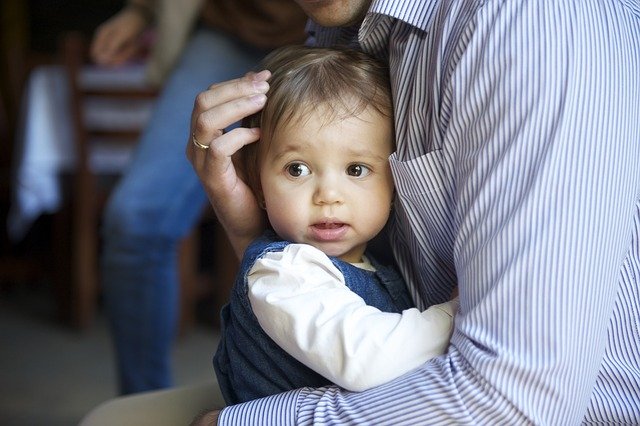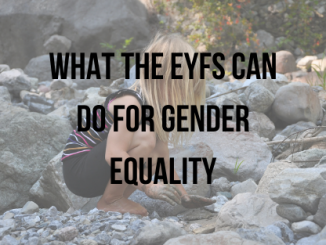Previously we’ve looked at how children develop the ability to lie, and some of the reasons that this is important. Whilst developing the ability to lie is important for children’s development, the ability to tell the truth is important to! Especially when telling the truth might be hard.
All societies value honesty because it keeps society functioning well as a whole, so it is a character trait that most of us seek to instil in our own children and those we work with. But hoe exactly do we do this? and how should we deal with children lying?
What is honesty?
For most of us honesty is about being truthful in what we say and do. Whilst there are times when it may well be socially acceptable or preferrable to tell a lie, or not quite the truth, the concept of honesty is generally bound up with the idea of intentionality; so when we speak or act with the intention of representing the truth of a situation where it is important to do so we can be said to be being honest.
Why is honesty important?
Most of us would agree that honesty is important, and this is because honesty forms the basis of trusting relationships. Humans consider trusting relationships to be of high importance because they form the basis of our societies. As humans we need to be able to trust one another to, by and large, tell the truth and not attempt to deceive others. If we were unable to trust anyone, society would start to crumble.
Honesty is the default state for babies and toddlers, but around the age of 3 the ability and will to deceive begins to form. As we have previously explored, this is actually an important developmental milestone but as honesty and integrity are valued character traits, helping children to develop these is also an important part of development.
So, how can we encourage children in the EYFS to be honest?
Help children to understand what truth is
Many children like to tell imaginative stories that we as adults can plainly see are not true! They might tell us for example that they went unicorn riding in the woods at the weekend and whilst this is harmless children can also tell stories with the intent of getting someone else in trouble. For example, they might tell us that another child has said something unkind, broken something or hurt them. It is our role as adults to teach children the difference between an imaginative story, and a lie with unkind intentions. Explaining and exploring these differences with children can help them to understand what lying is, and why it is wrong, and this understanding underpins other activities which help to develop honesty.
Explore books and stories
Reading together is a key feature of many EYFS settings and with good reason; reading stories presents a whole host of educational opportunities and not just based around literacy. Reading stories is a fantastic way to covertly teach moral principles and explore ideas about right and wrong. The traditional tale ‘The boy who cried wolf’ is a great conversation starter when it comes to lying and honesty, and there are plenty of modern children’s books based around honesty and lying too.
Promote strong attachment
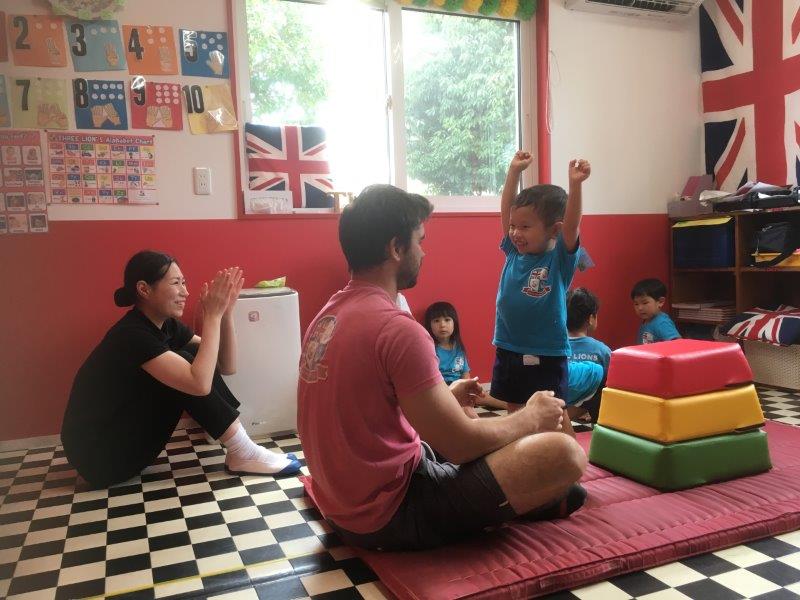
The EYFS itself, and most practitioners, recognise the importance of having a strong attachment and connection with children. This strong, secure attachment forms the basis of all other learning and this is no different when teaching children to be honest; when children know that caregivers will respond compassionately to them, they are confident enough to tell the truth. It is important that at home and in EYFS settings we create spaces in which children feel secure enough to tell the truth and are not scared of punishment or feeling shame. The emotions behind lying; fear, jealousy, anxiety or embarrassment are important topics to explore more broadly.
Adult role-models
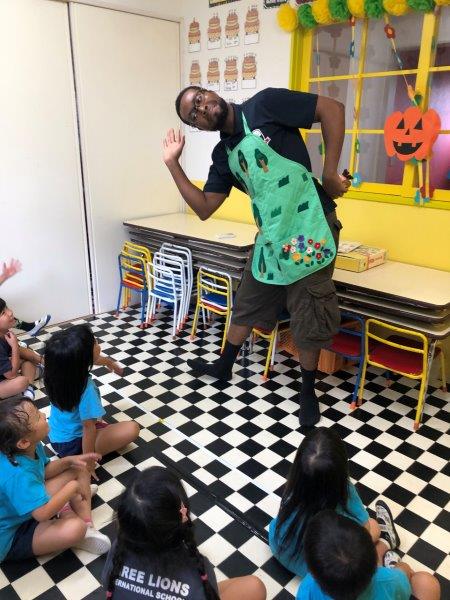
Children learn by example, so one of the best ways to encourage honesty is for adults to model it. Often children are able to tell when adults are lying and whilst most of us don’t habitually tell grand lies, there are ways in which we tell small untruths every day. It can also be easy for parents or practitioners to find themselves being made part of children’s lies. For example, Betty may call Lily over to play and Lily may whisper “I don’t want to play with Betty” so a practitioner jumps in and says “Oh Betty, Lily is just about to have her snack now, maybe she can play later” When children witness us doing this, we make lying acceptable. Instead perhaps the practitioner should just tell the truth sensitively “Sorry Betty, Lily has said she doesn’t want to play with you right now. Is there someone else you’d like to play with?”
Remove some of the need to lie
Another way to avoid lying is to remove the need to lie. Often children lie to gain favour from adults, or to avoid shame. If we can communicate to children in the EYFS that we accept them, and like them, just as they are then perhaps the need to lie will be lessened.
What to do when children lie
And it really is ‘when’ and not ‘if’. At some point, all children lie and as we have explored this is an important part of their development which shows us that cognitively they are on track! When a child lies we need to deal with it proportionately and sensitively. It is important to acknowledge that they have told a lie, explain that it is wrong and why, and the consequences of this. Often a ‘punishment’ is not necessary and doesn’t always help children to learn, instead explaining some potential consequences may help children to understand why lying is wrong. Natural consequences of lying are things like people not believing them, other children not wanting to play or adults feeling upset and disappointed.
Lying can become a problem when it is regular, malicious, ongoing or extreme but it is usually a symptom of another problem rather than the whole itself.
It’s important to remember that some lying is an expected and normal part of children’s development but that we can have a huge development on children’s developing character. Helping children to develop honesty and integrity sets them up to make a positive contribution to society.

